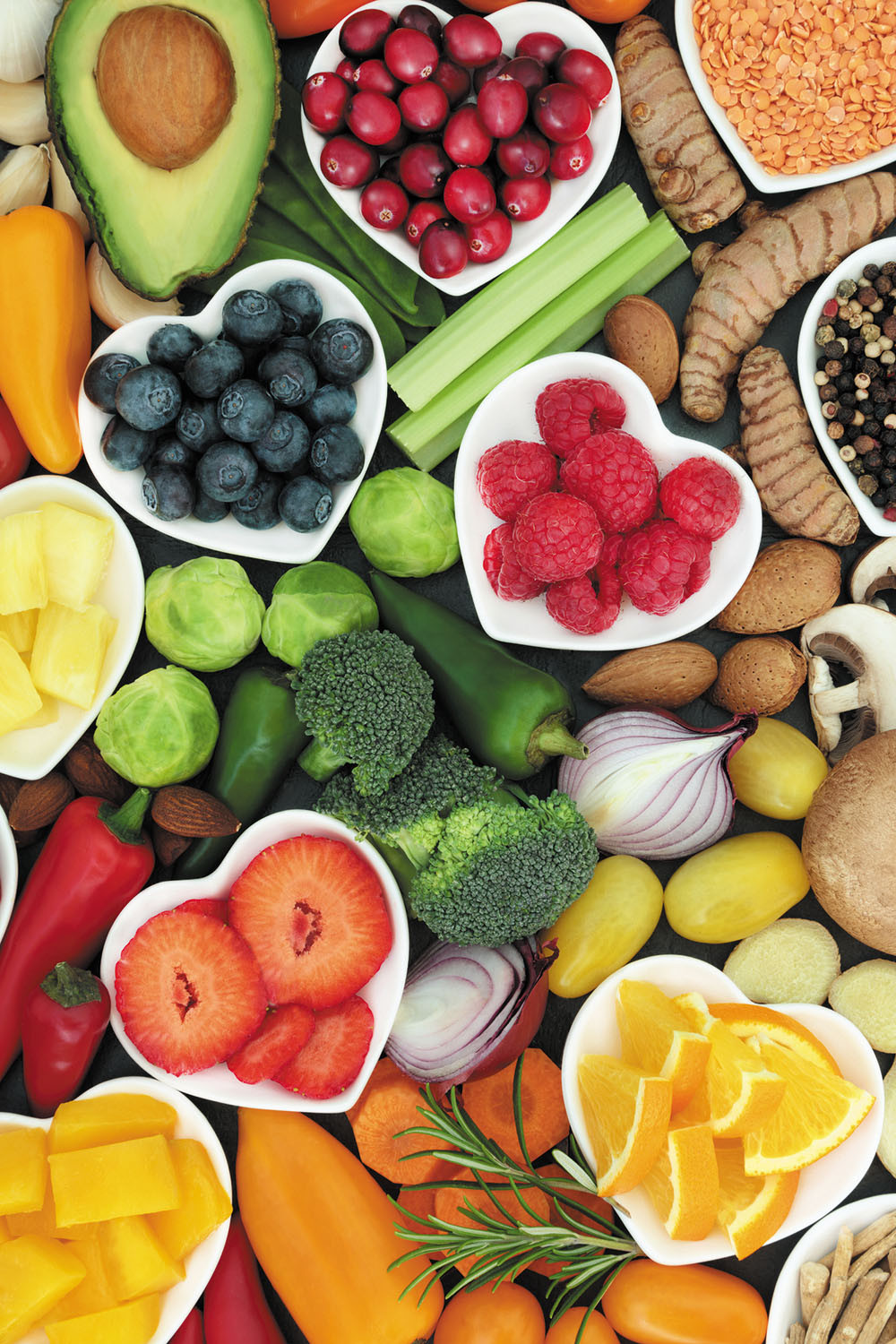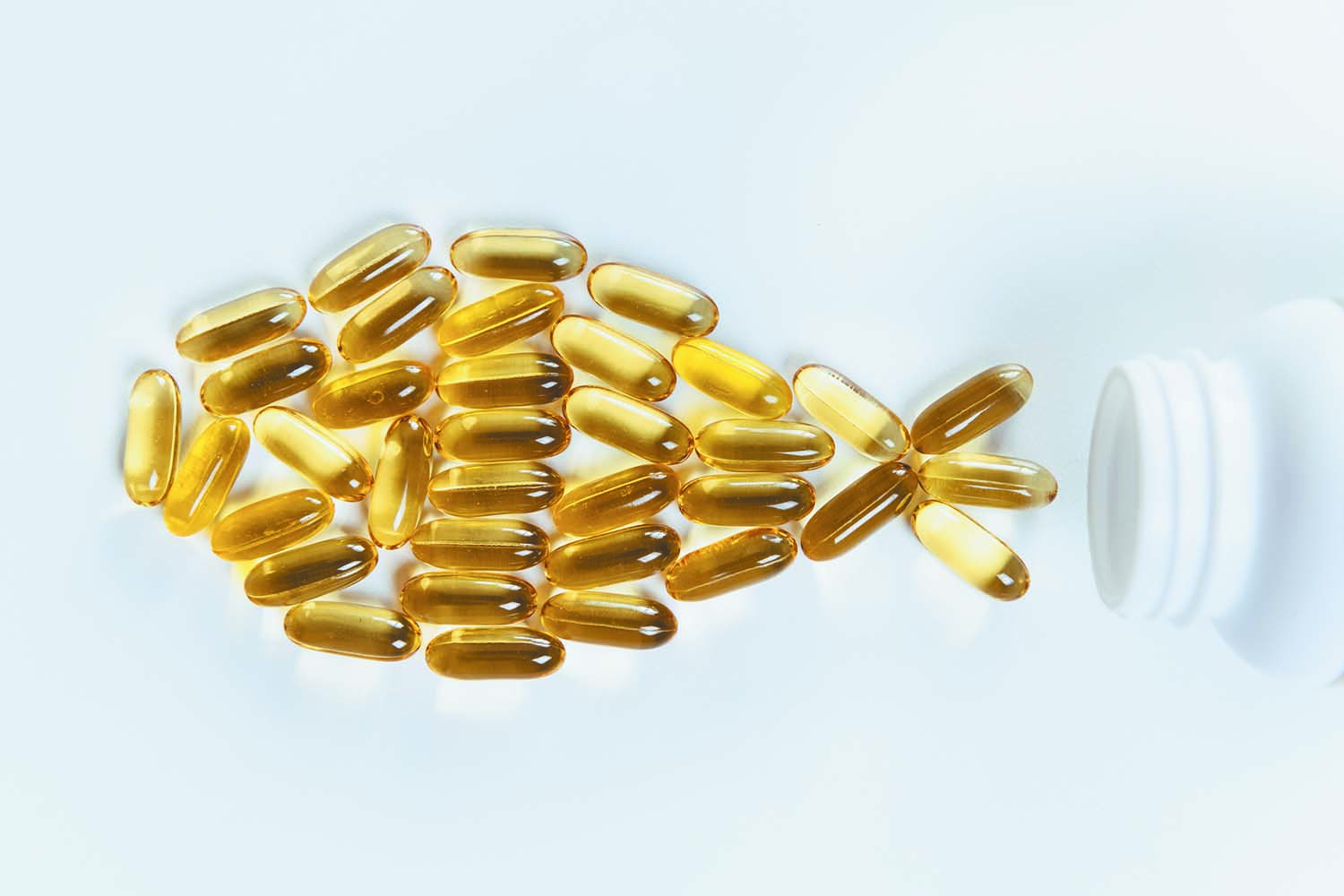
Tips to leverage neuroplasticity to maintain cognitive fitness as you age

Can white noise really help you sleep better?

Celiac disease: Exploring four myths

What is prostatitis and how is it treated?

What is Cushing syndrome?

Exercises to relieve joint pain

Think your child has ADHD? What your pediatrician can do

Foam roller: Could you benefit from this massage tool?

Stepping up activity if winter slowed you down

Common causes of cloudy urine
Heart Attack Archive
Articles
Cannabis: A cardiovascular concern?
Marijuana use, which is rising among older adults, appears to heighten the risk of heart-related problems. Cannabis is known to increase heart rate and blood pressure, although high doses can have the opposite effect. Marijuana use has been implicated in causing heart attacks, atrial fibrillation, stress cardiomyopathy, and arteritis.
When you take these popular pain relievers, proceed with caution
Over-the-counter and prescription drugs known as NSAIDs pose a risk to the cardiovascular system. They include over-the-counter drugs such as ibuprofen (Motrin, Advil) and prescription drugs such as celecoxib (Celebrex). NSAIDs can cause the kidneys to hold on to salt and water, which tends to raise blood pressure. They also appear to affect the inner linings of blood vessels and alter other blood substances in a manner that promotes blood clots. People who need these pain-relieving medications should take the smallest dose for the shortest possible period of time.
Can a smart watch diagnose a heart attack?
ECG readings taken with a smart watch may be just as accurate as a traditional ECG done in a medical setting. But the notion of using a smart watch to diagnose a heart attack is still years away. One main reason: obtaining an ECG with a smart watch requires carefully holding the back of the watch on the wrist and at eight specific locations on the chest and abdomen. Quality control and regulatory issues are other important hurdles that need to be addressed. But experts believe improved smart watches with enhanced diagnostic ability may be on the market within a decade.
Erectile dysfunction drugs linked to lower risk of heart problems
Otherwise healthy men treated with prescription drugs used to treat erectile dysfunction had a lower risk of heart attacks, strokes, or death from heart-related causes.
11 foods that can help lower your cholesterol
People with elevated LDL cholesterol values may be able to reduce their LDL levels by eating more foods that are rich in fiber and lower in saturated fats. High-fiber foods include whole grains, beans, nuts, vegetables, and fruits. Saturated fats are found mainly in meat, cheese, and other high-fat dairy products such as butter, half and half, and ice cream.
The questions about fish oil supplements
Some research says taking a daily fish oil supplement can reduce the risk of heart attacks and strokes, while other studies say the evidence remains thin. While fish oil is the best source of omega-3 fatty acids (essential nutrients that the body cannot make on its own), taking an over-the-counter fish oil supplement probably provides no extra heart benefit beyond a well-balanced diet that includes plenty of omega-3-rich fatty fish, nuts, and seeds.
Tofu may help your heart
Tofu may be good for the heart. A study published in March 2020 in the journal Circulation found that people who ate at least one weekly serving of tofu or another food containing isoflavones (a compound found in soybeans and other legumes) had an 18% lower risk of developing heart and blood vessel disease than people who ate these foods less than once a month. These foods appeared particularly beneficial to premenopausal women and women who had gone through menopause but weren't using hormone replacement therapy. Experts recommend substituting these foods for less healthy protein options such as red or processed meats.
Omega-3 fats and your heart
Higher blood levels of omega-3 fatty acids—specifically, eicosapentaenoic acid (EPA) from fish and alpha-linolenic acid (ALA) from plants—may help lower the odds of a poor prognosis in the years following a heart attack. Fatty fish such as salmon and mackerel are good sources of EPA. Flaxseeds, chia seeds, and walnuts are good sources of ALA, which is also found in soybean and canola oil.
Conquer your fear of dietary fat
For decades, high intake of fat was thought to cause weight gain, heart disease, and maybe even cancer. The solution? Go low-fat, which often meant consuming more carbs and more sugar. But nutritionists now suggest people actually need adequate amounts of "good" unsaturated fat, and less "bad" saturated fat, for optimal health. Following popular heart-healthy diets, like the Mediterranean and MIND diets, and making simple dietary changes can help people get adequate amounts of good fats.
Should I get a calcium score?
A coronary artery calcium scan (often called a calcium scan) uses a special type of CT scan to look for calcium deposits in the lining of the heart's arteries. The results can help people decide whether to start taking a statin.

Tips to leverage neuroplasticity to maintain cognitive fitness as you age

Can white noise really help you sleep better?

Celiac disease: Exploring four myths

What is prostatitis and how is it treated?

What is Cushing syndrome?

Exercises to relieve joint pain

Think your child has ADHD? What your pediatrician can do

Foam roller: Could you benefit from this massage tool?

Stepping up activity if winter slowed you down

Common causes of cloudy urine
Free Healthbeat Signup
Get the latest in health news delivered to your inbox!
Sign Up











